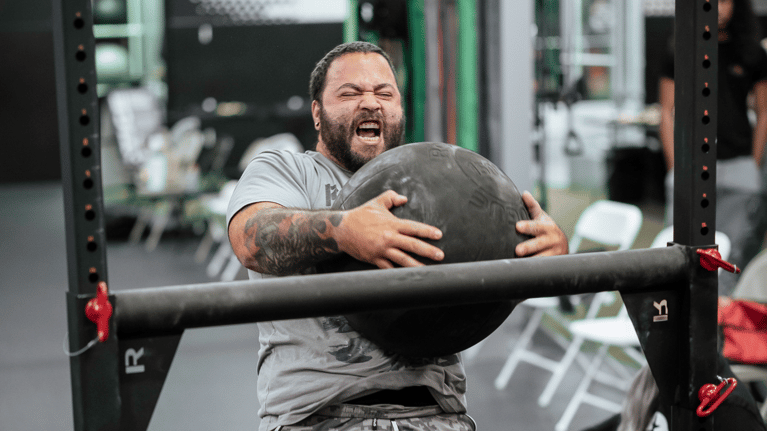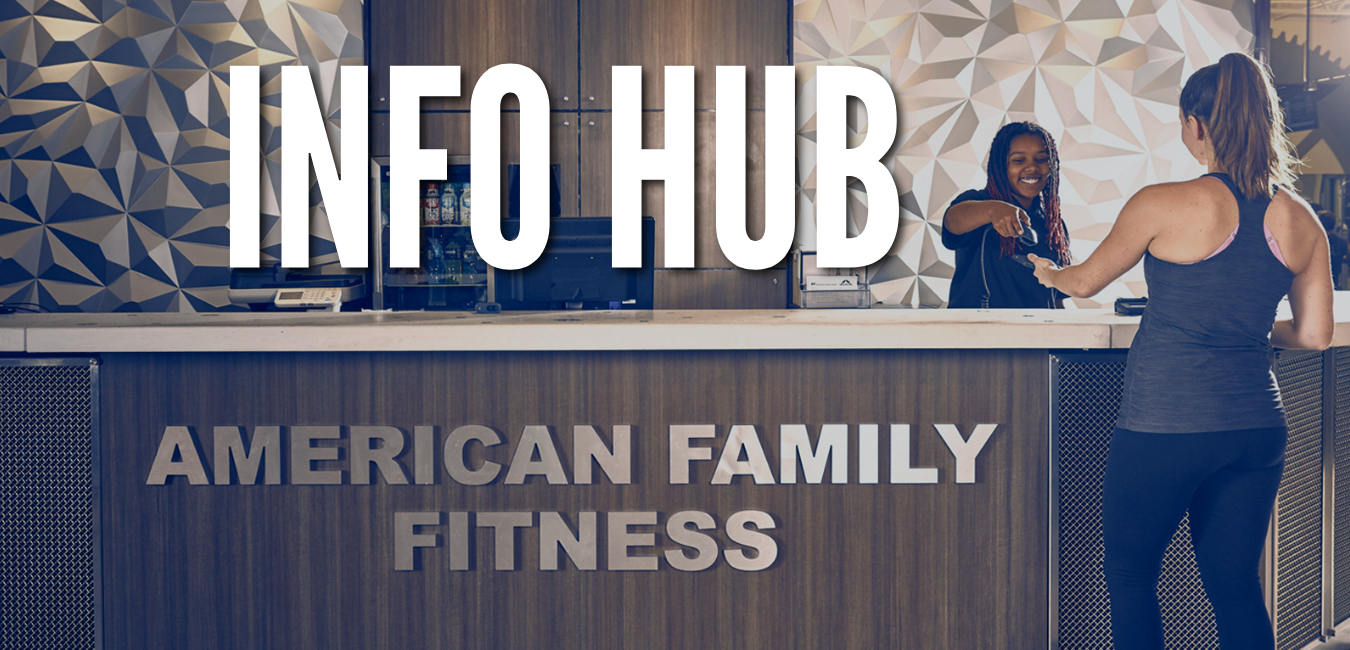
Most people associate nutrition and eating healthy with weight management and the prevention of medical conditions, like cardiovascular diseases and diabetes. However, did you know that following a healthy, balanced diet impacts much more than weight, but it also impacts brain health? The brain is the most energy-demanding organ and it responds to what we are feeding our body! Brain functions such as memory, thinking, and learning are closely linked to glucose levels (hellooo carbs!) and how efficiently the brain uses this fuel source. Some foods have a greater influence than others, but diets that emphasize healthy fats, and fruits and vegetables seem to positively impact brain health the most.
The human brain is about 60% fat, and research shows that fatty acids are some of the most crucial nutrients that determine your brain’s overall integrity. Omega-3 fatty acids are an essential nutrient, meaning our body cannot make them on its own and it is important that we are consuming an appropriate amount of essential fatty acids in our diet. Omega-3 fatty acids are found in foods that contain mono and polyunsaturated fats– aka the healthy fats. These healthy fats are found in nuts, fish, olive and plant-based oils, and avocados. Specifically, DHA, a type of omega-3 fatty acid, is one of the most abundant forms of omega-3s found in our brain and consumption is essential for keeping the brain functioning normally and efficiently. Research shows that DHA deficiencies can be linked to serious mental problems and low levels of DHA have been associated with a greater risk of Alzheimer’s. Long term consumption of adequate DHA is linked to improved memory, improved learning ability, and reduced rates of cognitive decline. Some ways to incorporate DHA- Omega-3’s in your diet are by consuming a variety of oily fish such as salmon, albacore tuna, mackerel, herring, and farmed trout. The best ways to cook these fish are by broiling or grilling. It is best to skip the deep-fried options. The 2015-2020 Dietary Guidelines for Americans recommend adults to consume at least 8 ounces of seafood per week.
Everyone knows they should probably be eating more fruits and vegetables because they are good for you- which they are and the general recommendation is 5-9 servings a day! But research also shows that plant-based diets have been shown to have the greatest influence on brain health. Leafy greens and bright colorful foods like berries contain compounds, such as carotenoids, anthocyanins, folate, and vitamins K and E, that have been shown to protect the brain from cognitive decline. The recommendation is to consume dark, leafy greens 6 days a week and to have berries at least 3 times a week. This may sound like a lot, but adding a cup of spinach or kale to a berry-based smoothie in the morning or adding a salad full of dark greens to dinner can help you reach this goal! Berries also make a great topping for cereal, oatmeal, Greek yogurt, and even salads!
There is no one “brain power” food, but the key to having a healthy brain is to follow a healthy, well-balanced diet that is full of color and contains some healthy essential omega-3s! If you are not a seafood or vegetable person, make a personal goal to try something new in a different way until you find a way you enjoy eating it! If you have any questions about incorporating Omega 3’s or vegetables in your diet, stop and see one of our Fitness Managers for further recommendations.
Article contributed by Haley Bishop
Haley Bishop is the Registered Dietitian and holds a Bachelor of Science Degree in Nutrition and Dietetics with a Sports Administration concentration and a Master of Science Degree in Nutrition Science from Samford University. She completed her Dietetic Internship from Samford University in 2017. Since earning the credentials of a Registered Dietitian, Haley has pursued a nutrition career in sports. Her focus is to work with athletes on nutrition strategies that maximize performance. Her background and experience as a collegiate rower help her connect and relate to athletes of all ages.






